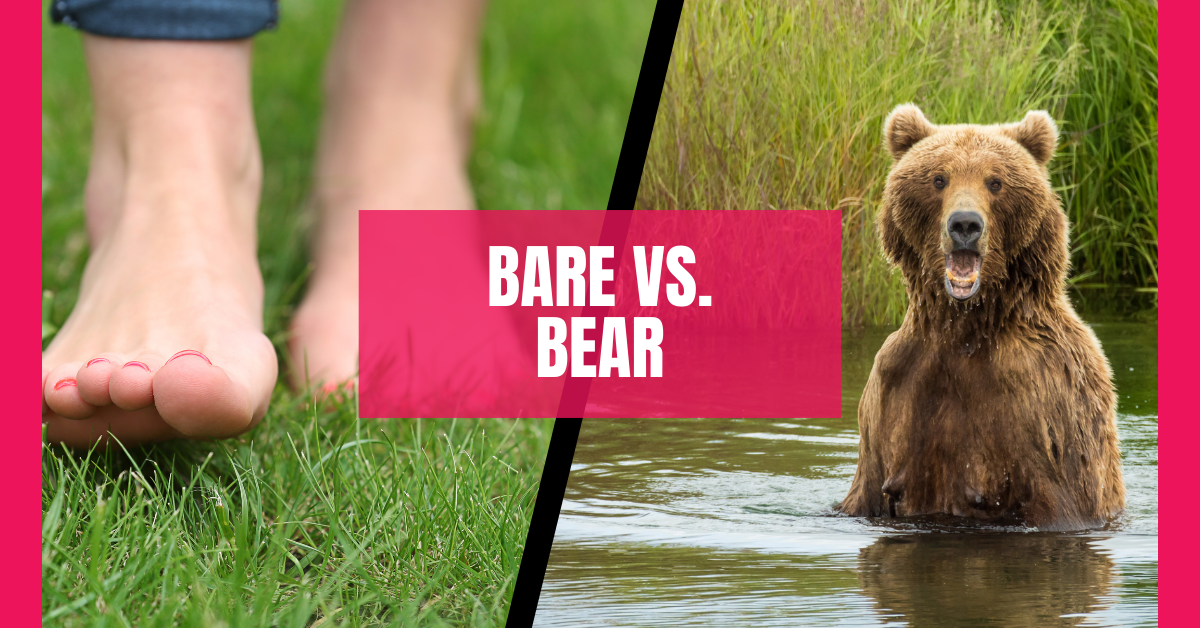Yours vs. Your’s: Understanding the Difference and Avoiding Common Mistakes

Yours vs. Your’s: Understanding the Difference and Avoiding Common Mistakes
Yours vs. Your’s: A Common Mistake and How to Avoid It
In the English language, it’s easy to mix up words that look or sound similar. One of the most common confusions occurs between “yours” and “your’s.” At first glance, they seem like slight variations of the same word, but only one is grammatically correct. In this blog post, we’ll dive into the difference between “yours” and “your’s” and explain why one is right and the other is simply a spelling error.
Source: Learn English Coach YouTube Channel
The Basics: Possessive Pronouns
Before we explore these two terms, let’s take a quick look at what a possessive pronoun is. A possessive pronoun is a word that shows ownership or possession. In English, the possessive pronouns are:
Mine
Yours
His
Hers
Ours
Theirs
These words stand alone without needing an apostrophe to show possession. Now, let’s zoom in on “yours.”
What Does “Yours” Mean?
“Yours” is a possessive pronoun that means something belongs to you or someone you’re talking to. It’s the possessive form of the pronoun “you.” You might use it in sentences like:
“That book is yours.”
“Is this jacket yours?”
“The decision is yours to make.”
In these examples, “yours” is used to indicate ownership. The critical thing to remember here is that “yours” never includes an apostrophe.
Why Does “Your’s” Look So Tempting?
It’s easy to see why people mistakenly add an apostrophe to “yours.” In English, we often use apostrophes to show possession. For example, we say:
The cat’s toy (meaning the toy belongs to the cat).
Sarah’s car (meaning the car belongs to Sarah).
Since we’re so used to adding apostrophes to indicate possession, it’s tempting to assume “your’s” follows the same rule. However, this is incorrect.
The Myth of “Your’s”
Despite what you may have seen or heard, “your’s” is not a valid word in English. The apostrophe in “your’s” is unnecessary because “yours” already shows possession without needing additional punctuation.
Here’s an easy way to remember: if you’re ever tempted to add an apostrophe to “yours,” stop right there. The apostrophe doesn’t belong, and it’s just an incorrect spelling.
A Quick Test: How to Spot the Error
If you’re unsure whether to use “yours” or “your’s,” ask yourself a simple question:
Am I trying to show ownership with a possessive pronoun? If yes, use “yours” without the apostrophe.
Let’s look at a few examples to see this in action:
Incorrect: I found your’s on the table.
Correct: I found yours on the table.
Incorrect: Is this pen your’s?
Correct: Is this pen yours?
The same rule applies in all cases. Whether it’s a casual conversation or formal writing, “your’s” is never correct.
Why Does This Mistake Happen?
This mistake happens because apostrophes in English have two main functions: to show possession and to indicate contractions. We use apostrophes in contractions like “it’s” (short for “it is”) and “you’re” (short for “you are”). Since we’re conditioned to use apostrophes in these situations, it’s easy to accidentally apply the same logic to “yours.” But possessive pronouns like “yours,” “hers,” and “theirs” already show ownership without the need for extra punctuation.
How to Avoid This Mistake
The good news is that avoiding this mistake is simple once you know the rule. Here are a few tips to help you remember:
Think of Other Possessive Pronouns: Words like “his,” “hers,” and “ours” don’t have apostrophes, and neither should “yours.” Group them together in your mind to reinforce this.
Avoid Overthinking It: English has many confusing rules, but in this case, simplicity is key. If you ever find yourself questioning whether “yours” needs an apostrophe, remind yourself that it doesn’t.
Practice Makes Perfect: Try writing sentences using “yours” correctly. The more you use it in context, the more natural it will feel.
Wrapping It Up
“Yours” is a possessive pronoun that doesn’t need an apostrophe, while “your’s” is simply a common spelling error. Knowing the difference is crucial for clear and correct communication, especially in written English. By remembering this simple rule and practicing, you’ll never have to worry about making this mistake again.
So, the next time you’re writing and feel the urge to add that apostrophe, pause for a moment and ask yourself if it’s really necessary. In the case of “yours,” it’s not!
FREE Quiz
Take our free quiz to test your knowledge on Yours vs. Your’s . 👉 Click Here to Start the Quiz






